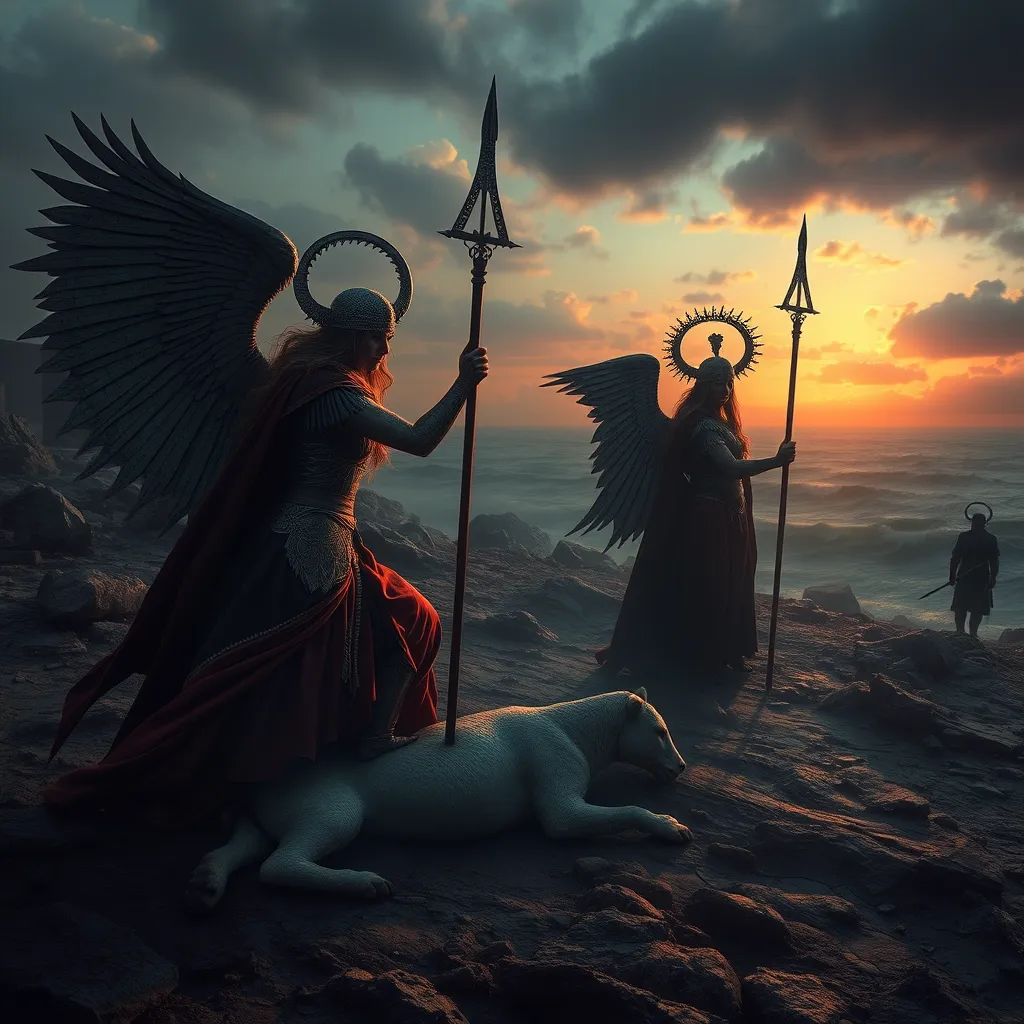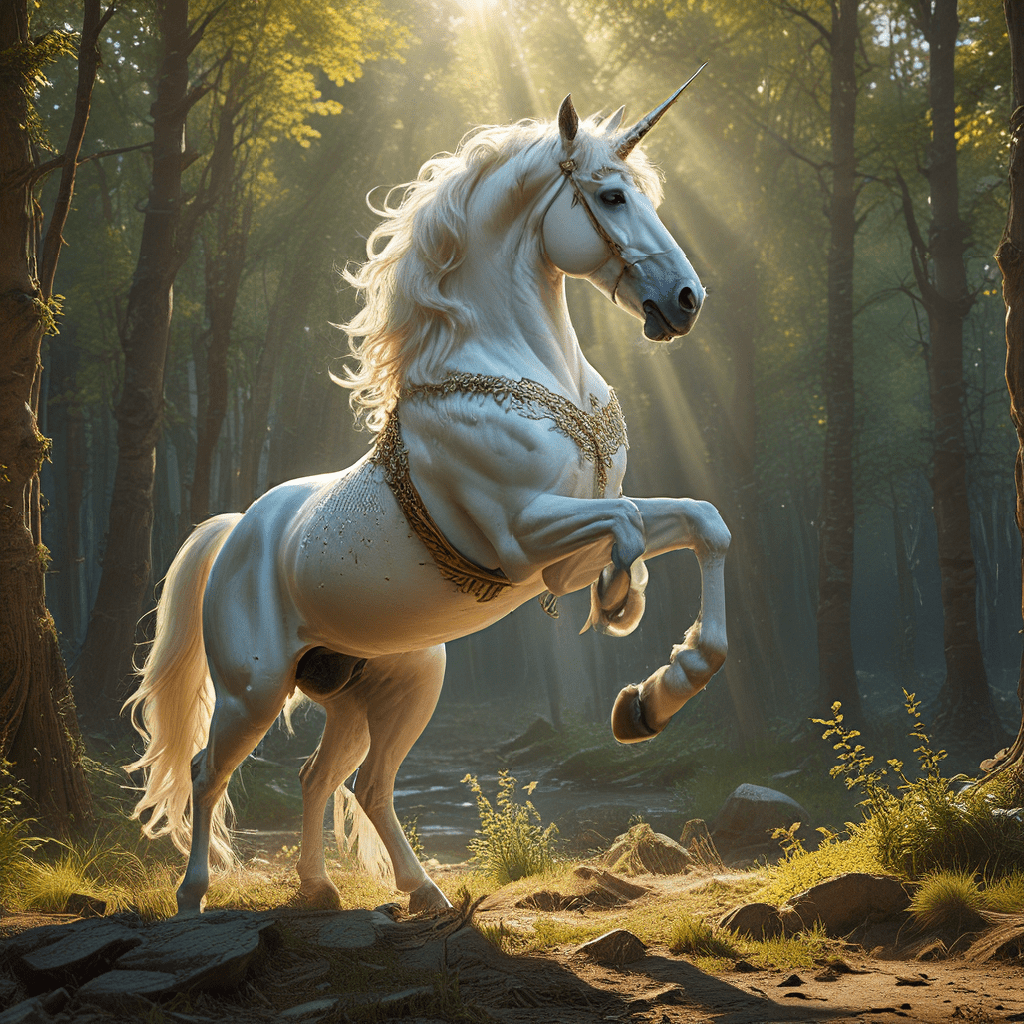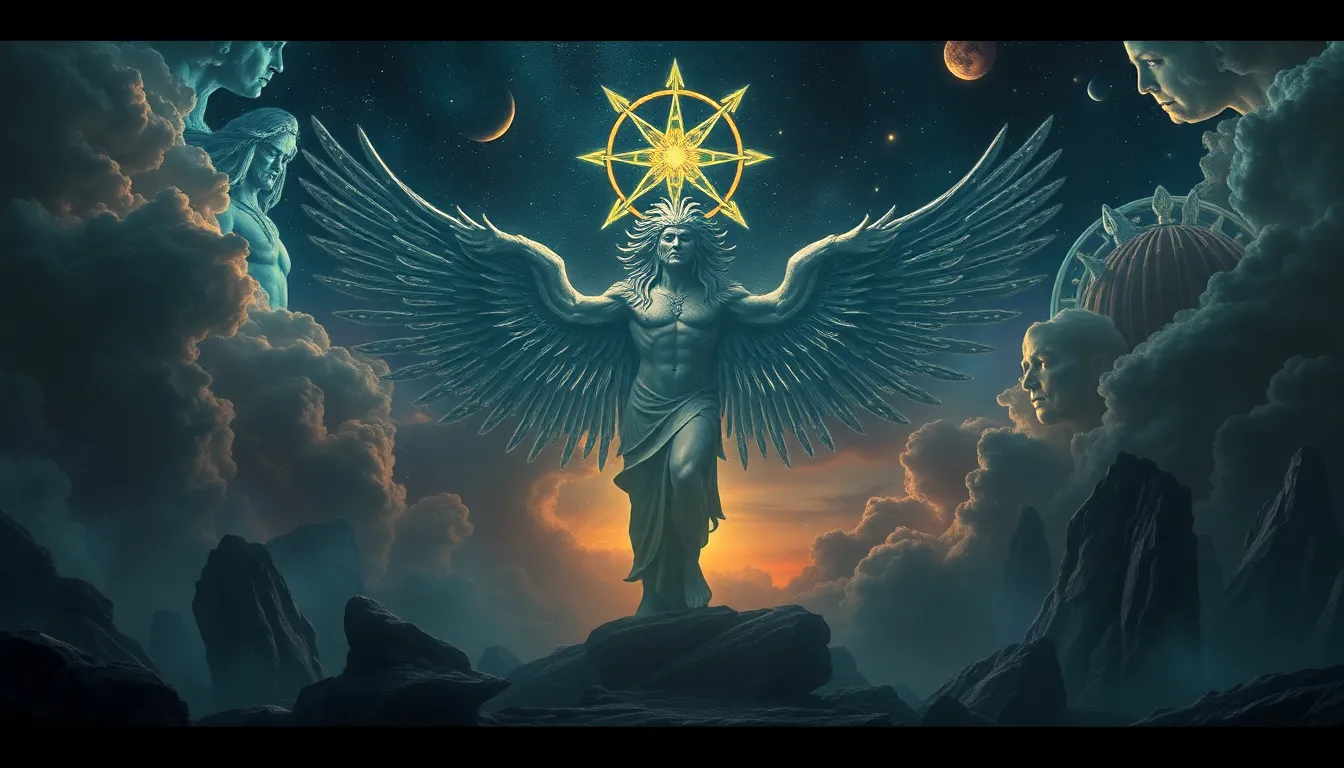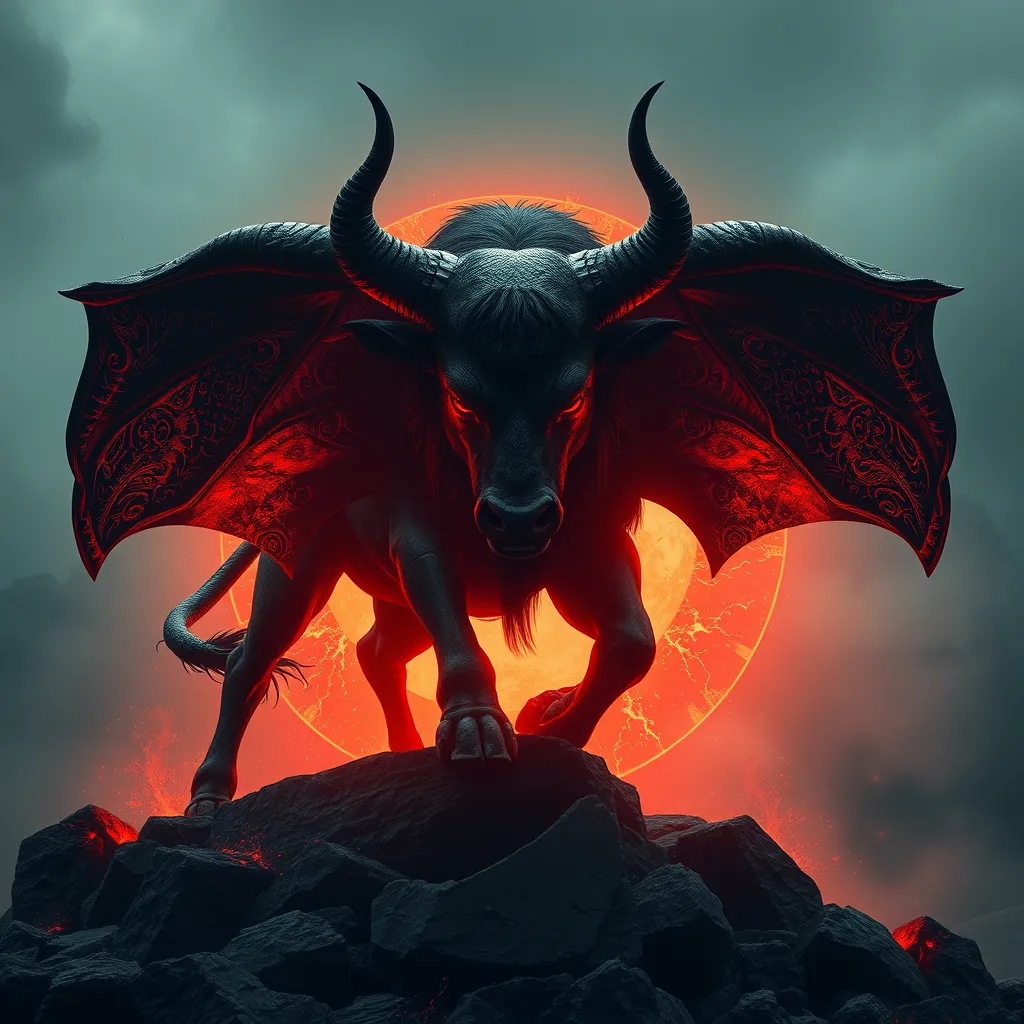Valkyries and Morality: Exploring the Ethical Dilemmas of the Choosers of the Slain
I. Introduction
In Norse mythology, Valkyries are powerful figures tasked with the critical role of selecting those who will die in battle and those who will live. These warrior maidens serve Odin, the chief god, guiding the souls of fallen warriors to Valhalla, where they prepare for Ragnarok, the end of the world. The significance of their role as choosers of the slain cannot be overstated, as it touches upon profound themes of fate, valor, and morality.
This article aims to explore the ethical dilemmas faced by Valkyries in their capacity as decision-makers in life and death matters. By examining their mythological context, ethical frameworks, and contemporary interpretations, we can gain a deeper understanding of the moral intricacies surrounding these enigmatic figures.
II. The Mythological Context of Valkyries
The origins of Valkyries can be traced back to various Norse texts, including the Poetic Edda and the Prose Edda. Described as beautiful, fierce, and capable, they embody both the noble and the terrifying aspects of warfare. Traditionally, Valkyries are depicted as armed women who ride through the skies, choosing the bravest warriors to join Odin in Valhalla.
- Origins: Valkyries are linked to the word “valkyrja,” meaning “chooser of the slain.” Their role is crucial within the Norse belief system, where honor in battle is a significant virtue.
- Relationship with Odin: As Odin’s agents, Valkyries not only select who dies but also influence the outcomes of battles, thus serving the strategic interests of the Allfather.
- Cultural Significance: Beyond their roles in battle, Valkyries symbolize the complex interplay between fate and free will, representing both divine will and human agency.
III. The Ethical Framework of Choice
The concept of choice is central to the understanding of Valkyries’ roles. In Norse belief, there exists a tension between free will and predestination. While Valkyries make choices regarding the slain, those choices may be influenced by a larger cosmic order.
- Free Will vs. Predestination: The interplay between individual agency and fate raises questions about the morality of their choices. Are the Valkyries acting on their own volition or fulfilling a predetermined role set by the gods?
- Moral Implications: The act of choosing who lives and who dies carries immense weight. Valkyries must grapple with the morality of their decisions, particularly when personal values conflict with their divine duties.
- Burden of Responsibility: With great power comes great responsibility. Valkyries must bear the emotional and ethical burden of their choices, knowing that their selections can alter the course of lives and destinies.
IV. The Dilemma of Valor and Worthiness
One of the most significant dilemmas faced by Valkyries revolves around the criteria for selecting the slain. The concepts of bravery, honor, and fate are paramount in determining who is deemed worthy to enter Valhalla.
- Criteria for Selection: Valkyries often look for qualities such as courage in battle, loyalty to comrades, and a noble spirit. However, these criteria can be subjective.
- Subjective Nature of Worthiness: What one Valkyrie views as honorable, another may not. This subjectivity raises ethical questions about bias and favoritism in their choices.
- Favoritism and Bias: The potential for personal biases to influence decisions poses moral challenges. How can Valkyries maintain objectivity when selecting the slain?
V. The Impact of War on Morality
In Norse culture, war was not only a way of life but also a source of honor and glory. The glorification of battle presents ethical conflicts for Valkyries as they navigate their roles in a society that celebrates violence.
- Glorification of War: Norse society revered warriors who died in battle. Valkyries’ choices are influenced by this cultural admiration, which may complicate their moral judgments.
- Conflict Between Duty and Personal Morality: Valkyries must reconcile their duties to Odin with their personal moral beliefs. This clash can lead to inner turmoil and ethical dilemmas.
- Consequences of Choices: The ramifications of their choices extend beyond the battlefield, affecting the afterlife of warriors and the fate of families left behind.
VI. The Duality of Life and Death
The role of Valkyries encompasses the duality of life and death, as they are both agents of destruction and facilitators of honor. This duality raises important ethical considerations.
- Cycle of Life and Death: Valkyries are instrumental in the cycle of life and death, guiding souls to Valhalla while also determining who must perish.
- Mercy and Violence: Their decisions often involve a stark choice between showing mercy or enforcing violence, which carries ethical implications about the value of life.
- Shaping the Fate of Warriors: The Valkyries’ choices ultimately shape the destiny of many warriors, raising questions about the ethics of their influence on individual lives.
VII. Contemporary Interpretations of Valkyries and Morality
In modern literature and media, Valkyries are often reimagined, reflecting contemporary values and ethical dilemmas. These adaptations offer new perspectives on the traditional myths.
- Modern Adaptations: Valkyries appear in various forms, from fierce warriors in films to complex characters in novels, often embodying themes of empowerment and moral conflict.
- Relevance Today: The ethical dilemmas faced by Valkyries resonate in today’s discussions about war, honor, and the consequences of choice, prompting reflection on our own moral frameworks.
- Lessons Learned: Contemporary interpretations of Valkyrie mythology encourage discussions about the nature of morality, the weight of responsibility, and the complexities of human experience.
VIII. Conclusion
In summary, Valkyries represent a fascinating intersection of mythology and morality. Their ethical challenges highlight the complexities of choice, valor, and the impact of war on individual lives. By exploring the dilemmas faced by these choosers of the slain, we gain insight into the moral fabric of Norse culture and its relevance to contemporary ethical discussions.
Ultimately, the story of the Valkyries serves as a reminder of the significance of moral choices, both in mythology and in our own lives. As we continue to explore the intersection of myth, morality, and human experience, we can glean valuable lessons from these ancient narratives.




